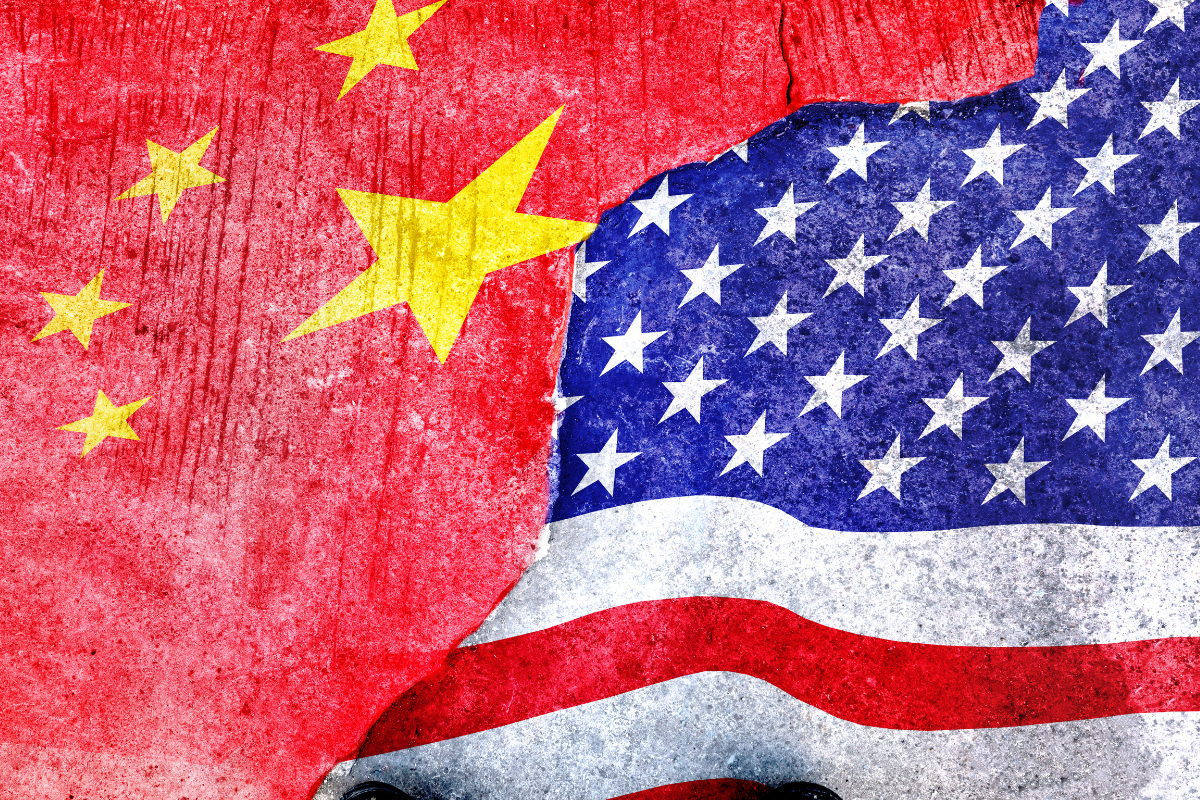
Is an "anti-China coalition" under Biden's presidency happening? Beijing is worried that Asian countries will form one.
China is concerned that Asian countries will partner with the U.S. to build an anti-China coalition under President-elect Joe Biden, according to a political consultancy.
“I think the key for them really is to try and prevent the U.S. from being able to organize many or most of these countries into what China would see as a kind of anti-China coalition,” said Andrew Gilholm, Control Risks’ director of the analysis practice for Greater China and North Asia.
U.S.-China tensions have increased under President Donald Trump as his administration imposed an “America first” agenda, often implementing a unilateral approach instead of working with allies.
According to Reuters, the foreign ministers of Japan, India and Australia were not clear with their statements at last month’s Quadrilateral Security Dialogue in Tokyo, while Secretary of State Mike Pompeo criticized the Chinese Communist Party.
Analysts believe it may change under Biden’s leadership. He focused on the need for the U.S. to cooperate with other countries, and his selection for head of foreign policy, Antony Blinken, lauds that strategy.
In an interview on CNBC’s “Squawk Box Asia,” Gilhom said that the economies of Japan, India, and South Korea are important to China, but that Beijing knows Tokyo’s relationship with Washington.
“China has no illusions about Japan’s close alliance with the U.S., and to a lesser extent, South Korea’s, although President Moon Jae-in in Korea has been a bit keener to balance that with China relations,” he said on Thursday.
In Southeast Asia, there is a “great divergence” between countries in terms of their stance on China, he stressed.
“But I think for China, their concern is that, with the end of the Trump era, the prospects for the U.S. coordinating its China policy with a lot more of these countries has improved,” he said. “China will be very keen to prevent that with every country involved.”
The US-China cold war can be “potentially very serious” and damaging to the world compared to the geopolitical issues between the US and Soviet Union.
According to Alan Dupont, chief executive of risk consultancy Cognoscenti Group, the difference between the two rivalries is the extent of inter-dependency between the US and China. The consultant provides advice for clients on geopolitical, financial and national security trends.
“Unlike the first Cold War where the primary contest between the United States and Soviet Union was a geopolitical one … both systems, both constellation of countries, didn’t have much to do from a trade and financial point of view. That is not the case today,” he said during an interview with CNBC’s “Squawk Box Asia.”
“That is why I think the ramifications of this conflict — this worsening rivalry between the U.S. and China — (are) going to be potentially very serious,” he added.
The US-China cold war has developed into their worst in decades since President Donald Trump was elected in 2017. The two countries have imposed a series of new tariffs on each other since 2018. This became a damaging trade war that influenced other areas such as technology and finance.






